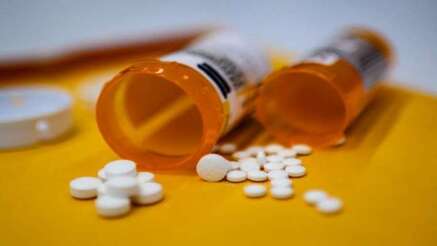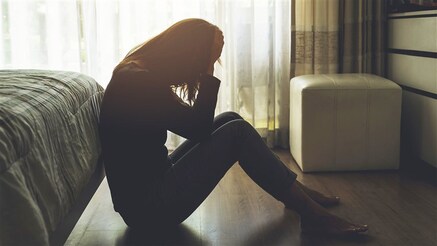Rising drug use in the United States is taking its toll on mortality rates, according to a study that has shown drug-associated deaths to be twice as high as stats suggest. On average, in what the Centers for Disease Control and Prevention (CDC) have dubbed a drug epidemic, 130 people die each day in the U.S. from an opioid overdose. Death by drug poisoning or overdose has surged since 2000 in all regions and among all ethnic groups. In 2017, more than 70,200 people in the U.S. died as a result of a drug overdose. Some 68% of these deaths involved opioids, with the number being six times higher than that in 1999. Opioids include prescription drugs, such as some pain relievers, and illegal drugs, such as heroin. Opioids induce euphoria and are potentially addictive. Among this subset of the population, 9% of deaths were drug-related, based on data on overdose rates. This figure has gone up by 4% in less than 20 years. We estimate that the impact of drugs is responsible for the reduction in U.S. life expectancy at age 15 since 2010.” says Prof. Samuel Preston. If one were to eliminate those deaths we estimate to have been caused by drug use and abuse, we estimate that life expectancy at age 15 in 2016 would increase by 1.4 years for men and 0.7 years for women, Prof. Preston added. (Credits: www.medicalnewstoday.com)


